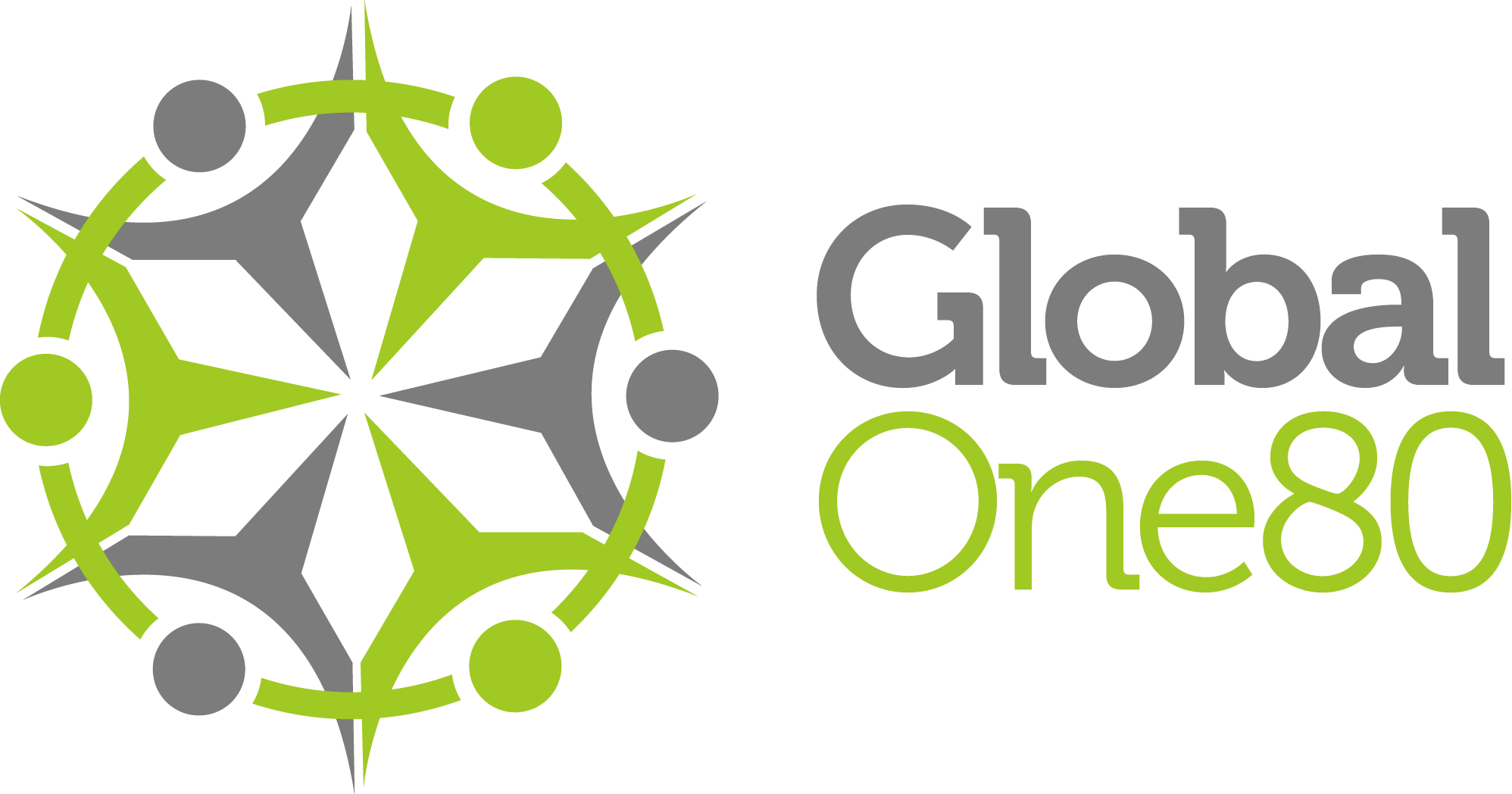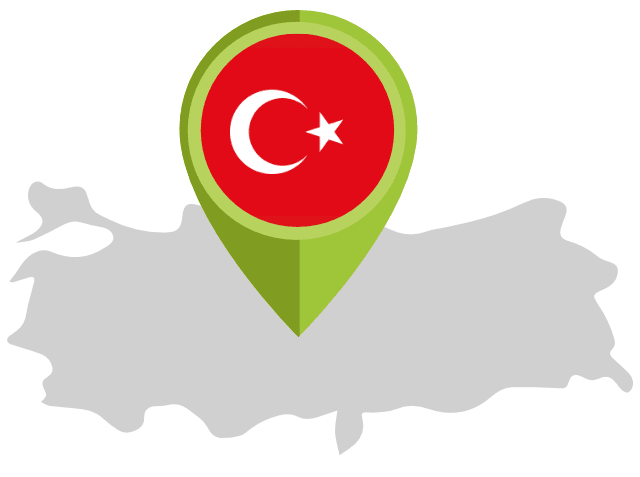Since then, Türkiye has joined the Council of Europe, NATO, OECD, OSCE, and G-20.
Turks practice Islam. Over 80% of Turkish Muslims are Sunni. 10% of Muslims are Alevis. The state organizes the Hanafi school of Sunnism through the Directorate of Religious Affairs, which regulates all mosques and Muslim clergy. In addition, 0.2% of the population is Christian, Jewish, or Yazidi.
Turkey’s culture is a blend of Ouz, Anatolian, Ottoman, and Western components that began with the westernization of the Ottoman Empire and continues now.
This blend is the outcome of the Turks’ journey from Central Asia to the West and encounters with other cultures. As a result, Turkey became a modern nation-state with a strong separation of state and church and more cultural expression. Due to historical elements that define modern Turkish identity, Turkish culture combines efforts to be “modern” and Western with traditional religious and historical values.

